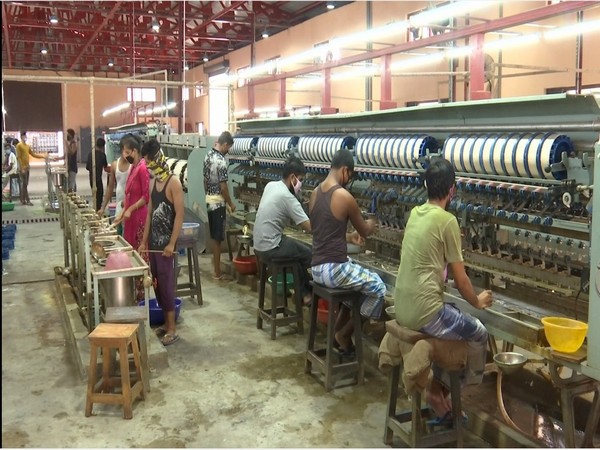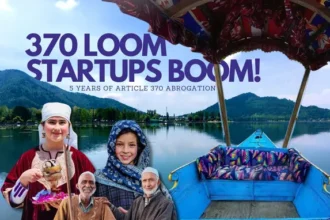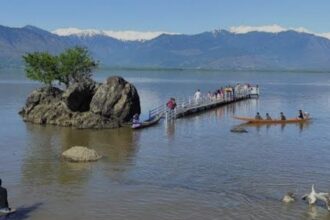A New Dawn for Industrial Development in J&K
The Union Territory of Jammu and Kashmir stands on the brink of an industrial revolution. A landmark initiative will boost the private sector. The Private Industrial Estate Development Policy 2021-30 aims to spur significant industrial growth. New industrial estates will rise on private land. This move will unlock vast economic potential and generate many jobs in the region.
Policy Overview and Key Objectives
The Jammu and Kashmir Private Industrial Estate Development Policy 2021-30 targets transforming the region into an industrial hub. It seeks to attract investments from within the country and abroad. The policy plans for the development of about 2,000 kanals (250 acres) of land every year. These lands will become private industrial estates. A simplified registration process will start in mid-June. The Director of Industries and Commerce Department, Jammu and Kashmir, will oversee this process to ensure smooth development.
Key Features of the Policy
The policy offers several incentives to attract investors, including:
1. Micro, Small, and Medium Enterprises (MSMEs) and large units can receive various incentives. They can get an interest subsidy on loans ranging from 3% to 2%. They are also eligible for a 5-year tax holiday, in addition to this, they can claim a 100% reimbursement of net SGST for 10 years.
2. Incentives for Service Units: Service units can benefit from a 100% reimbursement of net SGST for 10 years and a 5-year tax holiday.
3. Promotion of Industrial Trade Fairs: The policy encourages the organization of industrial trade fairs at national and international levels to boost marketing and networking opportunities for local businesses.
4. Local Filter on GeM Portal: A local filter on the Government e-Marketplace (GeM) portal prioritizes local manufacturers, enhancing their visibility and procurement opportunities.
5. Entrepreneur and Skill Development Fund: This fund aims to develop entrepreneurial skills among local youth through investment in fostering sustained industrial growth in the region.

Investor Demand and Land Availability
The industrial sector in Jammu and Kashmir has garnered substantial interest from private sector, both domestically and internationally. However, the availability of land has not kept pace with this rising demand. Efforts are underway to develop new estates on thousands of kanals of state land, with significant projects like the Bagthali Industrial Estate in Kathua being notable examples.
Ongoing efforts persist, yet a substantial gap in land availability remains. However, private industrial estates are preparing to bridge this gap significantly. Consequently, investors have identified private lands in Kathua, Ghagwal, Samba, and Jammu for potential development, showing interest in over 62,000 kanals of land. Specifically, proposals seek more than 34,000 kanals in the Jammu division and over 27,000 kanals in the Kashmir division. Ultimately, these proposals may result in investments exceeding a staggering Rs 99,000 crore.
Policy Simplification and Implementation
To promote industrial activities in the private sector, the new policy has been simplified. Key provisions include:
- Proposals must include at least five industrial units on a minimum of 40 kanals (5 acres) of land, with no single unit exceeding 50% of the total land.
- The policy provides for a 100% reimbursement of stamp duty on land purchases, land use change fees, and registration fees on land sale deeds.
- Applications will be reviewed within 30 days and forwarded to the concerned Divisional Commissioner for land-related approvals.
Reviving Private Industrial Sector in Kashmir
The Jammu and Kashmir Private Industrial Estate Development Policy 2021-30 marks a major move to turn the region into an industrial hub. It aims to draw investments and foster a business-friendly environment. The policy will likely transform the region’s economy significantly. With rising investor interest and government support, Jammu and Kashmir is ready for extraordinary industrial expansion and progress.







